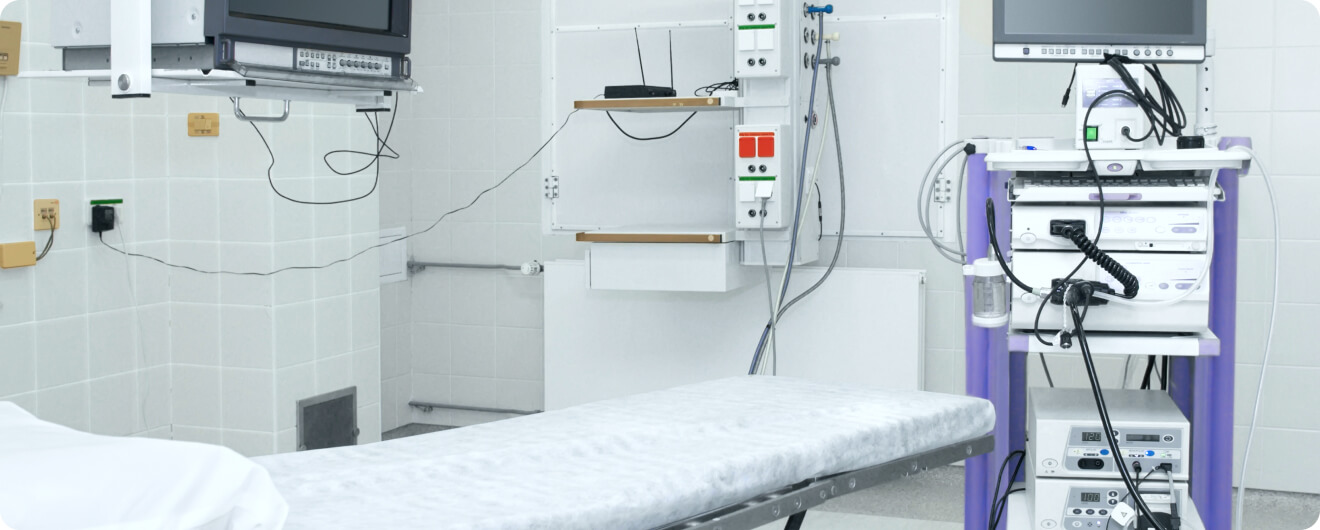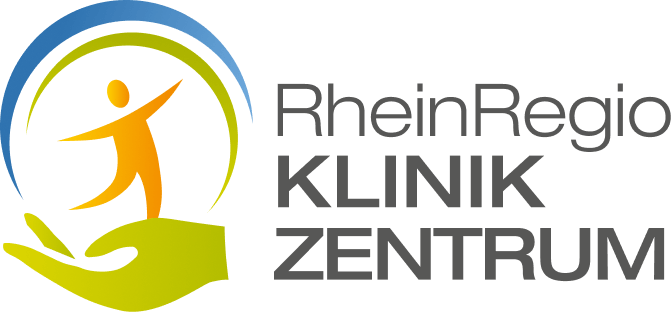West German Center of Diabetes and Health
An individualized approach to each patient, confidentiality, and a high level of service are the key principles of the center’s operations.

The concept of the West German Center for Diabetes and Health opens new perspectives for so-called “check-up” medicine— for the first time, the full spectrum of medical possibilities for early detection and disease prevention is being utilized to its fullest, taking into account individual risk stratification.
Service and cozy atmosphere meeting the highest demands are parts of the concept:

The West German Center for Diabetes and Health (WDGZ) specializes in a comprehensive approach to the treatment and prevention of diabetes and offers an extensive program of preventive examinations. The center is led by Professor Stefan Martin, one of the leading specialists in cardiovascular disease prevention and diabetes treatment.
The full prevention program begins with a detailed consultation, during which the patient’s medical history and current situation are analyzed. This is followed by a medical examination, comprehensive blood and urine tests, various ultrasound studies, and stress tests. All examination results are thoroughly discussed with the patient, and, if necessary, an individualized therapeutic strategy is developed.
The West German Center for Diabetes and Health provides not only highly qualified diabetic care but also an extensive prevention program aimed at improving quality of life and preventing diseases.
The West German Center for Diabetes and Health (WDGZ), part of the Association of Catholic Clinics Düsseldorf (VKKD), offers a wide range of preventive and diagnostic services. Special emphasis is placed on reducing risk factors, such as elevated blood sugar levels (diabetes), which significantly increase the risk of heart attacks. As part of its comprehensive prevention efforts, the center has developed specialized check-up packages for various risk groups, including patients with unknown, low, medium, and high-risk profiles. These packages include comprehensive diagnostic and examination methods aimed at early disease detection and maintaining overall health.
Key Diagnostic Areas Include:
Laboratory Tests
The West German Center for Diabetes and Health conducts comprehensive laboratory examinations, including detailed blood and urine tests. These tests assess key indicators of overall health, detect hidden inflammatory processes, and determine levels of sugar, cholesterol, and other important biochemical markers.
Organ Condition Assessment
This is carried out using both traditional physical examination methods and modern imaging techniques such as ultrasound (US) of abdominal organs, the heart, thyroid, or blood vessels. This allows for a detailed evaluation of internal organs and tissues, detecting potential abnormalities or pathological changes at an early stage.
Endurance Testing
This is assessed through comprehensive functional fitness testing, which helps evaluate the patient’s physical condition and the functioning of the cardiovascular and respiratory systems. Functional tests include stress ECG, spiroergometry, lung function assessment, 24-hour monitoring of blood pressure, and ECG. These tests help identify the endurance level of the body and potential risks associated with physical activity.
At the West German Center for Diabetes and Health, specialized screenings are offered, such as screening for sleep apnea, body fat composition assessment, vision and hearing tests, ankle-brachial index (ABI) measurement, and evaluation of vascular biological age. Additionally, the center provides preventive vaccinations and Check-up 35 for identifying chronic diseases in patients over the age of 35. The center also offers nutritional consultations and weight loss coaching to improve overall health and effectively manage diabetes.
High-Tech Diagnostic Standards
The preventive examination packages have been developed based on key recommendations from national and international professional medical organizations. This ensures their relevance and alignment with current medical standards, allowing patients to obtain the most comprehensive and accurate understanding of their health and take timely action to maintain it.
Personalized Prevention
When implementing the services outlined in a specific examination package, the unique risk profile of each patient is taken into account. All tests are conducted purposefully and based on the principles of evidence-based medicine, ensuring high accuracy and reliability of recommendations. Personal preferences and requests are also considered in the process.
Interdisciplinary Result Processing
A medical staff member coordinates the execution of individual examinations within the interdisciplinary team, ensuring that all relevant aspects are comprehensively addressed.
Non-Invasive Diagnostics
WDGZ employs only non-invasive diagnostics, meaning the diagnosis is conducted without internal intervention in the body, allowing for quick and reliable detection of tumors, inflammations, and vascular changes.


